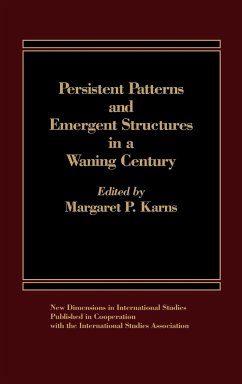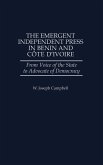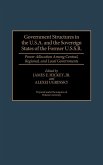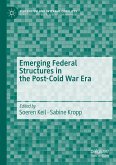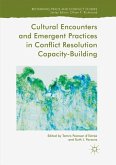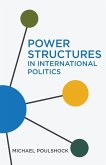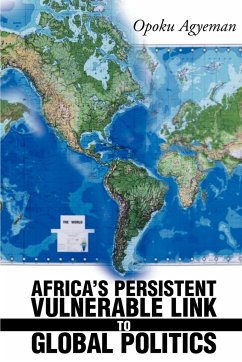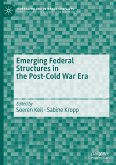?Karns brings together twelve of the best essays presented at the 1985 meetings of the International Studies Association. The book opens with two fine chapters on international relations theory, paying particular attention to problems of values and dilemmas in quantitative versus qualitative assessments of world politics. Part 2 examines critical theoretical questions of conflict and violence. Special attention is paid to war in essays on foreign policy attitudes and generational differences, the relationship between the structure of the international system and war, and problems of political repression, rebellion, and coercion. The essays in this section mix solid quantitative work with serious theoretical discussion of issues that have guided inquiry in the field. Parts 3 and 4 illustrate the diversity of the field in both its substantive and methodological dimensions. In the former area, essays examine questions of peace and security as well as nonviolent alternatives in international affairs. In the latter area, essays include modeling studies and quantitative comparisons of linear projection studies for issues ranging from population and resource policy to taxation and security policy. Each chapter has a bibliography; there is a helpful index.?-Choice
Hinweis: Dieser Artikel kann nur an eine deutsche Lieferadresse ausgeliefert werden.
Hinweis: Dieser Artikel kann nur an eine deutsche Lieferadresse ausgeliefert werden.

